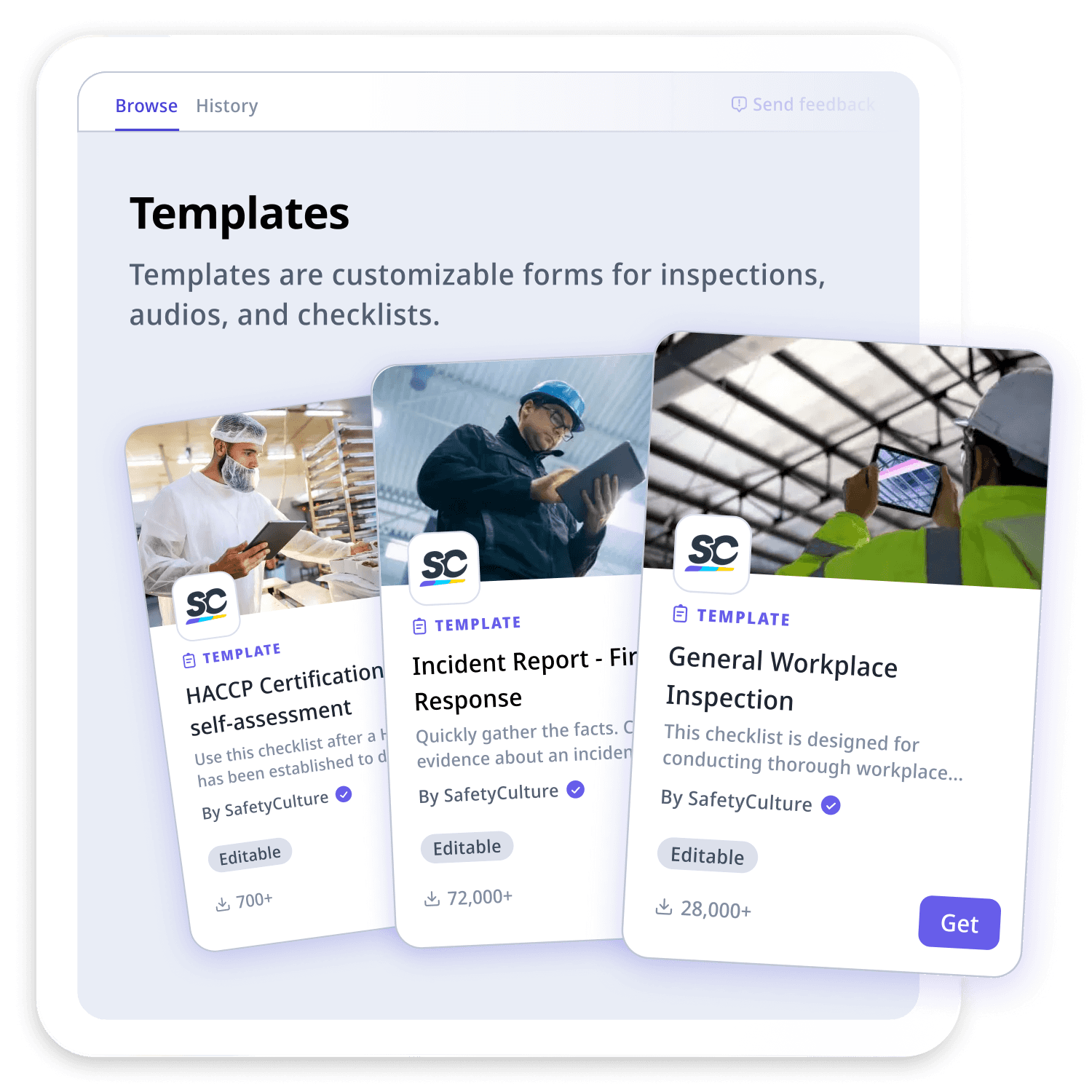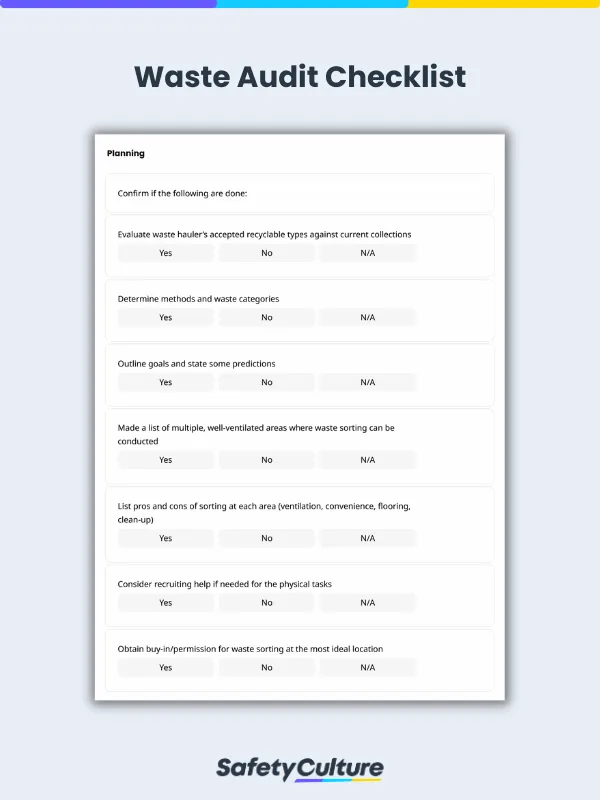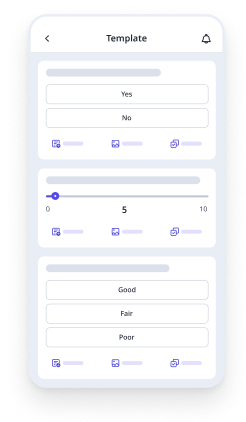Published 16 Jul 2025
Article by
5 min read
What is a Waste Audit?
A waste audit is the process of reviewing and analyzing an organization’s waste stream or the life cycle of produced waste. It ensures that regulatory requirements are met and requires physically going through waste to determine the sources and kinds of waste produced.
It also analyzes the movement of waste starting from its source until the end of its useful life, in which waste is either disposed of or recycled. To mitigate the impact of waste on the environment, a waste audit’s main objectives also include the discovery of recycling opportunities and improvement of waste management systems.
4 Categories of Waste
There are 4 different categories of waste and multiple types of waste under each category. The objectives of a waste audit are to sort out waste, identify areas where waste is mismanaged, create an efficient waste management process, and help the community and the environment in the process. To achieve these objectives, you should start by recognizing the type of waste your organization produces.
Industrial Waste
Industrial waste is produced by industrial or manufacturing companies. Due to the nature of this industry, hazardous waste can be generated, which needs to be handled with extra precaution. The waste in this category includes glass, batteries, metals, chemicals, oil, and scraps from production.
Commercial Waste
Commercial waste is produced by businesses. This differs from industrial waste in terms of location; commercial waste is produced on-site such as in stores, restaurants, establishments, and offices, while industrial waste is from production. Examples of waste in this category include cans, cardboard, paper, retail packaging, and food.
Domestic Waste
Domestic waste is commonly referred to as household garbage. Residents are responsible for the waste management of these everyday disposable items in their household, while the collection is handled by private companies or the government. Community environmental initiatives help in overall waste management by spreading awareness about proper disposal and segregation of waste.
Agricultural Waste
Agricultural waste is the byproduct of agricultural operations. The majority of the waste produced is biodegradable, including crops that didn’t pass quality assessment, residues, and livestock manure. There are also organic products that need to be removed before releasing into the market such as crop husks, stalks, and fruit seeds.
How to Reduce Waste
To reduce, reuse, and recycle is not enough in combating waste. The first step to contribute to waste reduction is to simply refuse. Recent environmental efforts include refusing plastic bags and straws by bringing it on your own. Industries can refuse the use of different materials through repurposing and replacement, such as replacing conventional plastic with biodegradable plastic made of starch or redesigning the product and packaging to use less material. Companies can collaborate with each other and repurpose their waste, such as using plastic bottles to build house structures.
Why is Waste Audit Important?
Companies decrease costs and improve waste management processes by reviewing and reducing the waste generated. Capitalists are the greatest contributors to waste, which includes waste that is hazardous to people’s health and safety. There are legislations available in relation to waste; For example,San Francisco requires businesses to perform waste audits every 3 years. Ontario also has a similar mandate that waste audits need to be conducted, but the guidelines vary depending on the type of business.
Japan is a great role model when it comes to waste management because it’s a joint effort between the government and the citizens. The country has multiple waste centers in which a certain type of waste can only be collected. Garbage is classified even further such as by the types of plastic or materials they are composed of. Japan was able to achieve this efficient waste management system by sending out booklets to citizens containing information about proper waste disposal.
5 Tips on Conducting a Waste Audit
Organizations that wish to conduct effective waste audits can benefit from these tips:
✔Build a team
It is important to build a collaborative team composed of staff from key areas of your organization – management, procurement, facilities, building management, and waste management – who can show commitment to the waste audit process.
✔Don’t announce the audit date
Plan ahead and decide on a date but don’t disclose it to the organization. The auditing team can observe the real waste production and management situation if the audit date is unknown to members of the organization. Disclosing the audit date poses the risk of people only adhering to set waste management standards because they know that a waste audit is going to happen.
✔Prepare equipment
Prepare these before the waste audit:personal protective equipment (PPE), labels, permanent markers, weighing scale, clear garbage bags, large plastic sheets, containers, tongs, first-aid kit, and your auditing tools to document findings.
✔Prepare to sort waste
Make sure that there’s a proper venue where the sorting of waste can be done on a large plastic sheet and sorted items will stay in place and not be blown away by the wind. The team will be physically sorting through waste so they all should be wearing the right PPE to protect from sharp objects and possible exposure to harmful substances.
✔Review audits
Review the collected audit reports to help determine the organization’s waste stream, find recycling opportunities, and address issues that can help improve waste management.

Still looking for a checklist?
Search, filter, and customize 60,000+ templates across industries and use cases.

